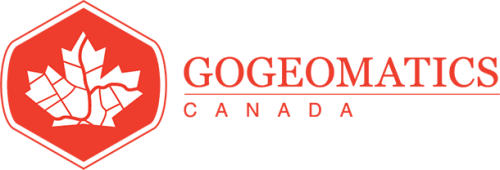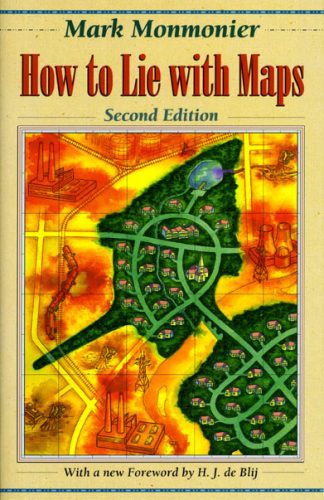Fixing Geography Education in Canada: The First Step
Earlier this year, a CBC report brought to light a disturbing trend among Canada’s student population. Fundamental geographic knowledge (as simple as the locations of continents) is not as instilled in many of today’s college-level students as we may have expected. This sobering news serves to underline the need for a more solid geography education among young Canadians.
The St. John’s Declaration is a welcome development in this atmosphere. The declaration is the product of a national meeting of geography educators and professionals, which took place this past August in St. John’s, NL. The one page declaration is signed by key figures in the geomatics community, including Amanda Hooykaas (Canadian Association of Geographers), Rodolphe Devillers (Canadian Institute of Geomatics) and Brent Hall (Esri Canada), and seeks to raise the bar for geographical and spatial awareness. More specifically, the declaration emphasizes the value of geographic education, its desired place in Canadian academic studies, and the need for Canada to remain a leader in this field. The declaration closes with a pledge on behalf of its signatories to promote a higher standard of geographic/spatial understanding among Canadians through improved education and research efforts.
The declaration reflects a solid resolve among the geospatial community, but should it stop there? In order to see such a bold vision through, we would like to ask you who else, from education advocated to public officials, should give this declaration their endorsement?
Beyond the desired roster of endorsements, there’s the question of implementation. How should we approach geographic education in our schools and communities? Last month, we had the benefit of Greg Duffy’s insight, positing that advertising in geomatics should be shifted from what our industry can do, to what benefits our industry can provide. If we were to place more emphasis on the contributions of our field, could we generate a keener interest in the fundamentals of geography among our young students?
The need for greater geographic understanding doesn’t end with students, however. Public awareness plays an important part in our industry. For many Canadians, geographical awareness ends at high school graduation. As a result, for too many Canadians, the practical applications and benefits of geomatics (and the industry itself) is something of a mystery.
Those of us in geomatics should, along with providing our support, be inspired by the St. John’s Declaration. Beyond the school system, education needs to be focused on the benefits of our industry. From disaster management to urban planning, geomatics professionals provide a wealth of contributions that the public should be more aware of.
In consideration of this need for geographic enlightenment, let’s take this opportunity to discuss what we can do as individuals, as an industry and as members of our communities to raise the standard of geographic awareness and education.
What do you think?





In my opinion much more has been done to raise geographic awareness in the public than perhaps Chris Carlin or other geographers appreciate (I am not a geographer by training).
How many people now use GPS to navigate their vehicles, locate a coffee shop, or tour the streets of a foreign town while sitting at home? The terms “Google Maps”, “street view” and “Google Earth” did not exist a short while ago. Geographically-based social media has infiltrated our next generation.
Although I am unaware of the extent of geographic learning in elementary schools and high schools perhaps this is where a need exists. I’m satisfied with my six-year old grandson’s ability to draw a reasonable likeness of Nova Scotia and understand where Haida Gwaii is located.
I agree that the level of map literacy could be much better. So is computer literacy. So is geometry and broader mathematical literacy. So is physics literacy. So is. And so on! These are necessary for geomatics professionals.
Similarly, demography literacy, political literacy, economic literacy, history literacy, geology literacy, technology literacy, etc. are necessary for geography professionals.
Geomatics and geography are different disciplines requiring different literacies. In Quebec (the origin of geomatics movement), geomatics is promoted via science classes at the high-school level. We have the largest number of college and university programs in geomatics in Canada and the largest number of students in geomatics programs.
Geography isn’t geomatics and geomatics isn’t geography. Both fields have soft boundaries when comes the time to define them, but both exist and they collaborate is many occasions. It will certainly help when a certain part of our community stop mixing them, creating confusion about both of them 😉
We made the Inquisition Earth! App in the hope that the scenario of commanding aliens to capture countries might be more engaging to students while continually testing their geographic knowledge (for example, the locations of 193 countries and their capital cities).
Where an incorrect answer is given, the correct answer is then highlighted. It’s personally increased the standard of my geographical awareness though developing/testing it! Who knew that Palau was there ?! 🙂
https://itunes.apple.com/app/id654102606?mt=8&&referrer=click%3Da414eca3-e801-48c3-ada7-05b2c62f76b6